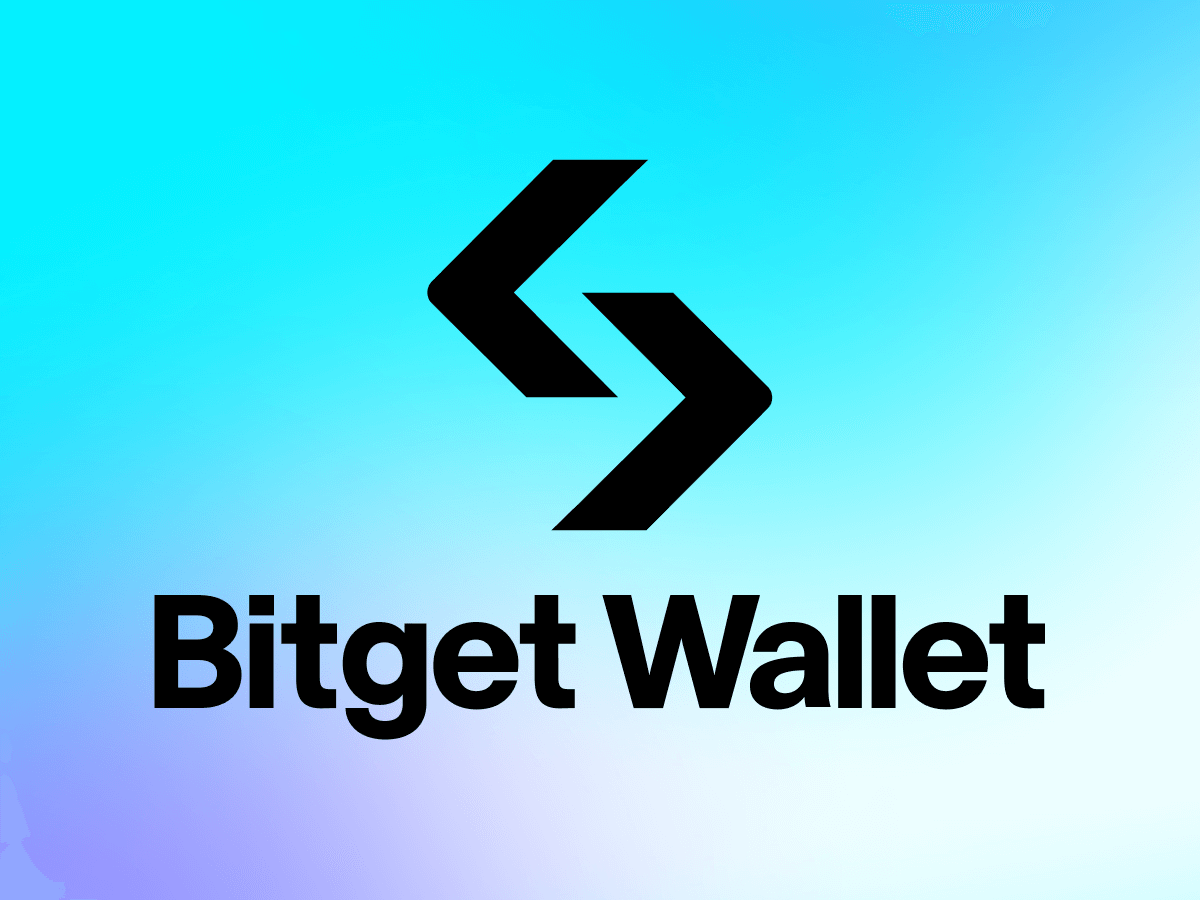Why Hardware Wallets, Mobile Apps, and Cross-Chain Swaps Are Shaping Crypto Security Today
So I was thinking about how fast crypto tech shifts under our feet. Seriously, one day you’re juggling browser wallets, the next you realize hardware devices are becoming your best pals. Wow! It’s kinda wild how intertwined security and convenience have gotten lately.
But here’s the thing: mobile wallets used to feel like a compromise. I mean, carrying your keys on a phone? That always felt a bit risky to me. Then again, I’m biased—I grew up thinking cold storage was the only way to really sleep well at night.
Initially, I thought hardware wallets were just for hardcore HODLers. However, with the rise of multi-chain DeFi platforms, my instinct said, “Wait, this is changing fast.” Actually, wait—let me rephrase that… It’s not just about holding coins anymore; it’s about seamless trading across chains without sacrificing security.
On one hand, mobile apps give you speed and accessibility. Though actually, without solid hardware-backed security, your funds are exposed to an army of potential hacks. So, the holy grail seems to be combining both worlds. But how?
Check this out—
Enter the bitget extension. I stumbled on it while fiddling with different wallets, and it struck me as a clever bridge between desktop security and mobile ease. It’s not just another app; it’s a smart, secure gateway that supports hardware wallets while enabling quick swaps across chains.
Hardware Wallets: Still the Gold Standard?
Hardware wallets have this solid rep for a reason—they keep your private keys offline, away from prying eyes. I mean, who doesn’t want that kind of peace of mind? But here’s what bugs me about traditional hardware wallets: the UX can be clunky, and moving funds between chains often requires multiple steps and some serious patience.
Then came mobile apps that promised everything on-the-go. At first, I was skeptical. My instinct said mobile wallets are just too vulnerable. But after testing some, I realized many now incorporate hardware wallet support via Bluetooth or USB connections. This hybrid approach is kinda genius.
It’s like getting the best of both worlds—your keys are still offline, but you can interact with DeFi protocols directly from your phone. Still, the challenge remains: can these apps handle cross-chain swaps without exposing users to complex risks?
My first try with cross-chain swaps was messy. Fees were confusing, slippage was all over the place, and the interfaces sometimes felt like they were designed by engineers who never actually used them. But okay, progress is progress.
Cross-Chain Swaps: The Next Frontier
Trading assets across different blockchains? That seemed futuristic a few years back. Now, it’s an everyday need. The problem is, most wallets still treat chains like isolated islands, which means juggling multiple wallets or platforms.
What I found interesting is how solutions like the bitget extension are trying to stitch these islands together. They let you connect your hardware wallet and seamlessly swap tokens across chains without hopping platforms. This reduces risk and saves time—a very very important combo.
But let me tell you, it’s not a silver bullet. Cross-chain swaps introduce their own set of risks, like smart contract vulnerabilities and liquidity issues. So, the tech needs to be rock solid. I’m not 100% sure all these platforms have nailed it yet, but the direction is promising.
Oh, and by the way, the bitget extension’s interface is surprisingly user-friendly. It doesn’t feel like you’re wrestling with some cryptic tool. Plus, integrating directly with hardware wallets means your keys never leave the device, which is huge.
Mobile Wallets with Hardware Support: Convenience Meets Security
Here’s where things get really interesting. Combining hardware wallet security with mobile app convenience? That’s a game changer. The bitget extension supports this hybrid model, giving you peace of mind while staying nimble.
I remember when I first synced my Ledger to a mobile app. It was fiddly, and I was nervous about Bluetooth security. But with newer protocols and vetted extensions, that fear eases up a bit. Still, it’s wise to double-check every permission and connection.
One subtlety that many overlook is the importance of the app’s integration depth. You don’t want a wallet that just “talks” to your hardware device on a superficial level; you want full transaction signing and validation done securely inside the hardware.
The bitget extension nails this by letting you approve trades and swaps on the hardware device itself, so even if your phone is compromised, your keys remain safe. That separation is key.
Honestly, that’s the kind of synergy that makes multi-chain DeFi accessible without turning into a security nightmare.
Final Thoughts: Where Are We Headed?
So, to wrap my head around it all—hardware wallets remain the fortress walls, mobile apps are the fast-moving messengers, and cross-chain swaps are the secret tunnels connecting kingdoms.
There’s still a bit of trial and error, and I’ll admit some features feel half-baked. But tools like the bitget extension show real promise in uniting these pieces into a coherent whole. It’s like the crypto space is finally learning that security and usability aren’t enemies.
Anyway, I’m curious where this goes next. Will hardware wallets become more seamless with mobile? Can cross-chain swaps achieve true decentralization without sacrificing speed? Time will tell, but right now, having a smart extension that supports all these functions feels like a breath of fresh air.
For now, I’m keeping my hardware wallet close, my mobile app handy, and my eyes peeled for the next wave of innovation. Because in crypto, you gotta move fast but keep your guard up.
